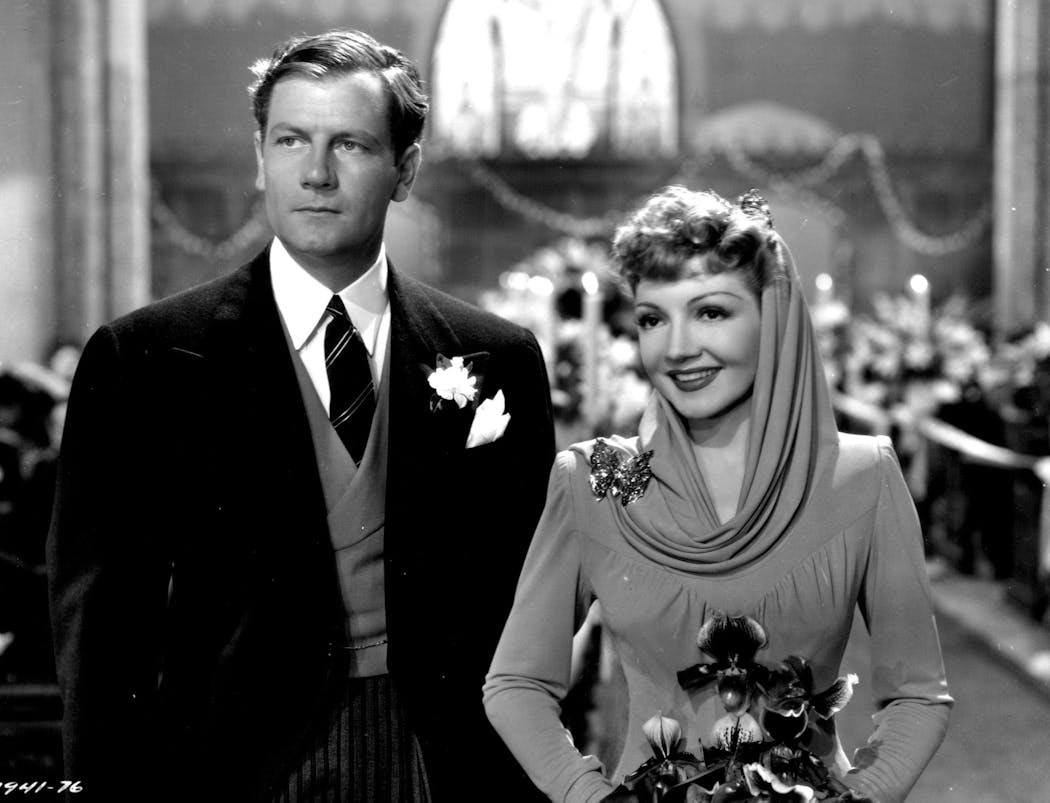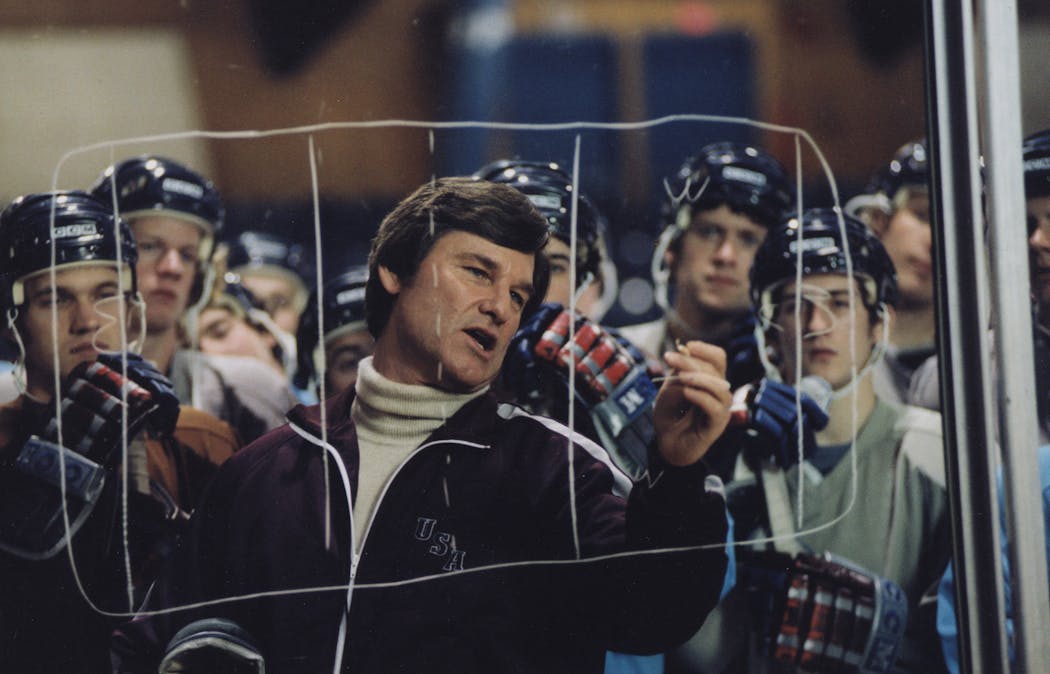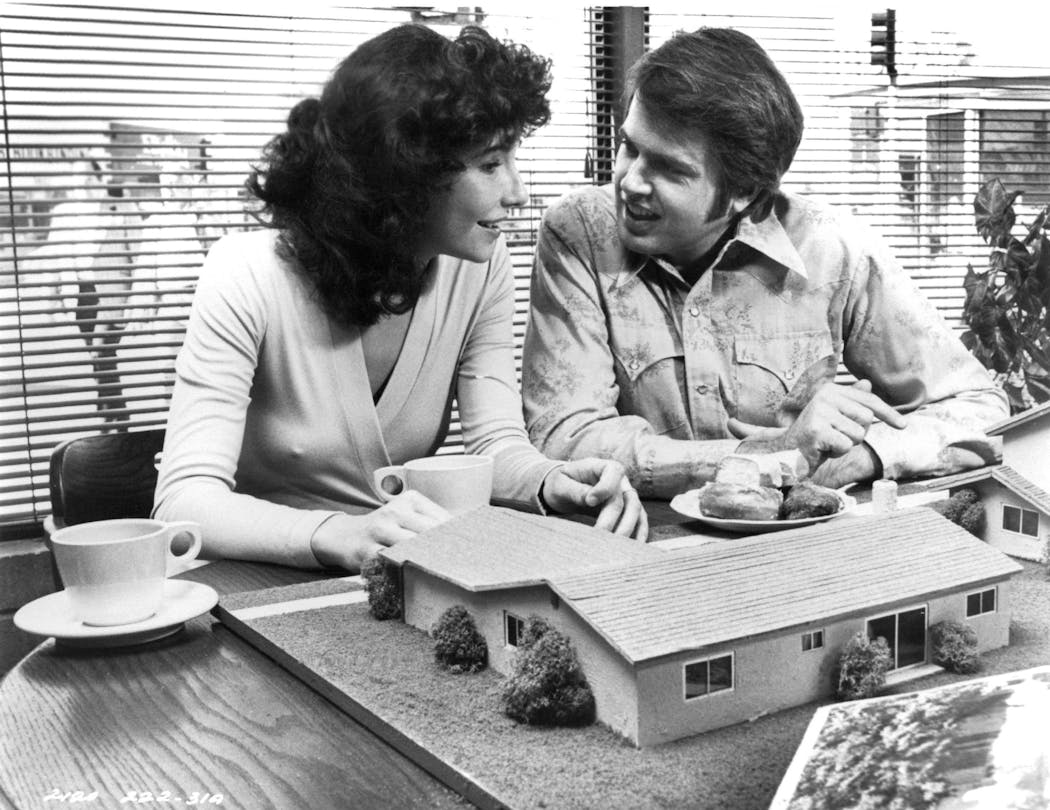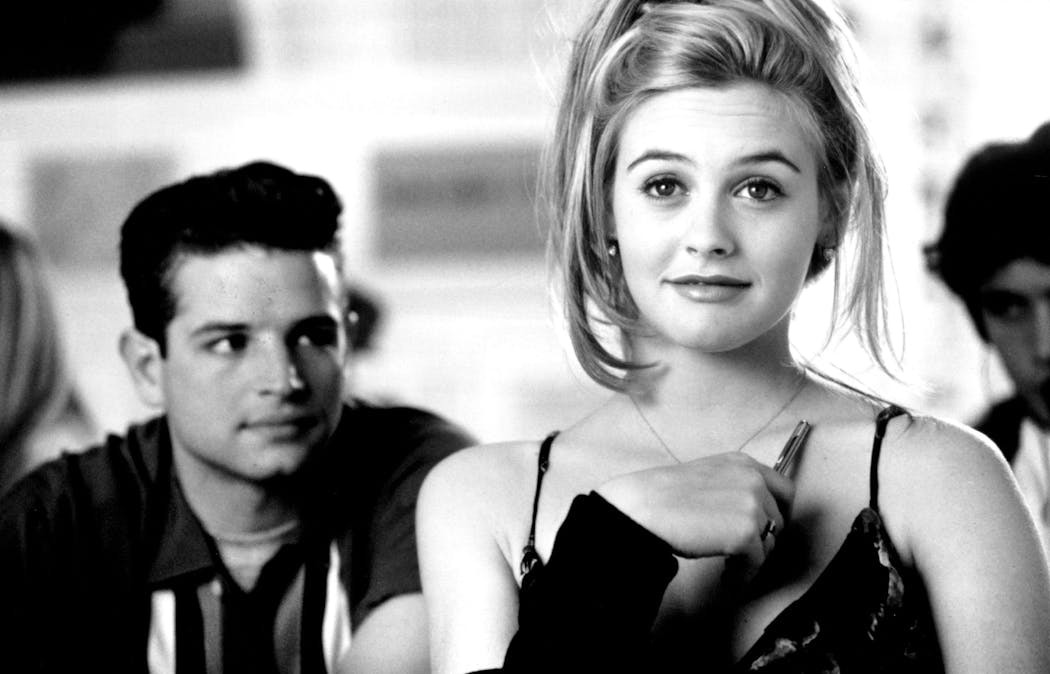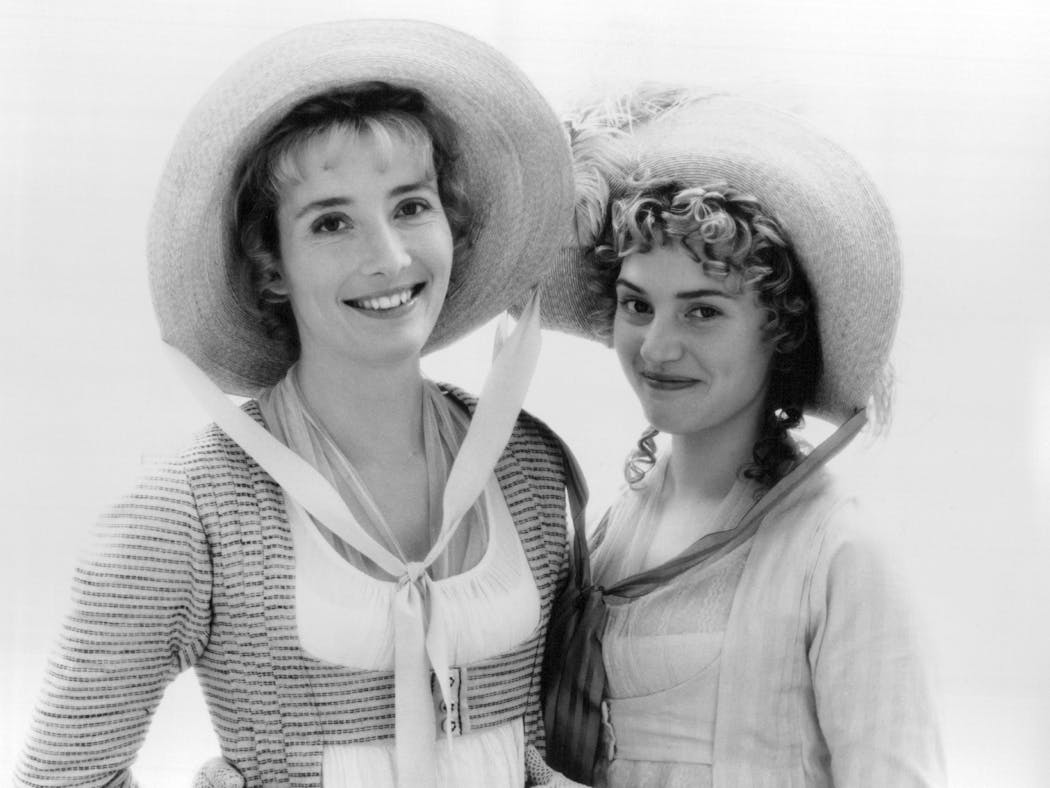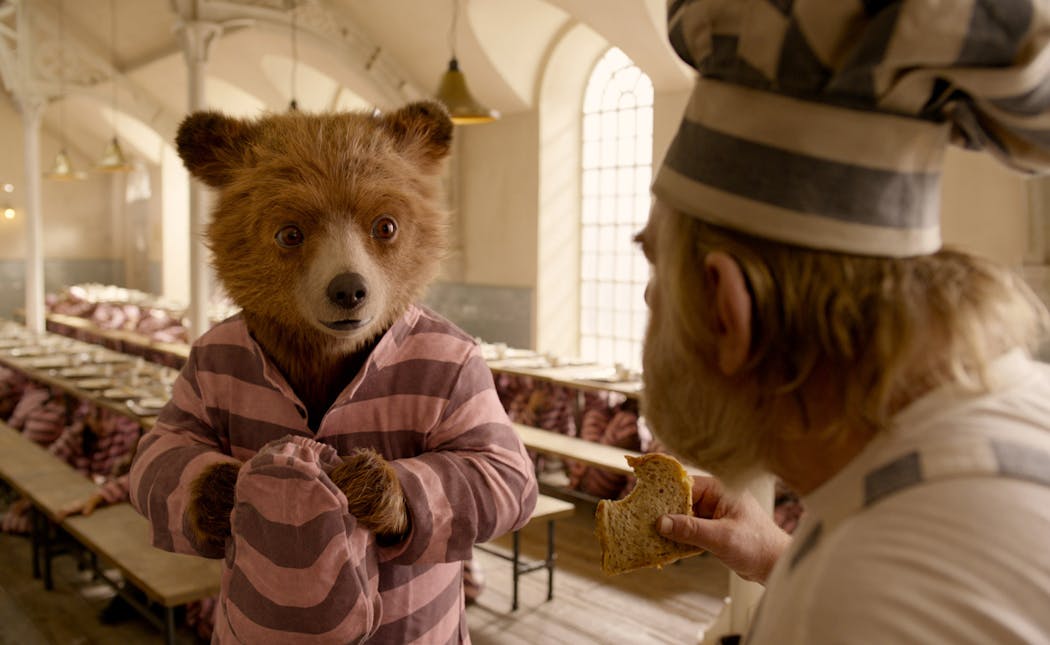When a reader wrote to me, looking for a list of sunny movies to give to a friend facing tough times, it occurred to me: We all need that list.
But what qualifies as a joyful movie? A really good one? That's a great place to start, but there are plenty of movies I love that I would not recommend to someone going through a divorce or recovering from back surgery. Obviously, we all find joy in different ways, but a joyful movie not only needs a happy ending, it also has to make you feel good about humanity, has to make kindness a priority.
While films that thrive on conflict and drama are not incompatible with making us feel good, the things that movies do best — thrill us, scare us, make us tense — don't add up to "joyful." Alfred Hitchcock's films are endlessly entertaining but, give or take the fizzy fun of "To Catch a Thief," they're not going on the list for my friend.
The easiest way to come up with your own list is to think in terms of groupings.
If musicals are your jam, you can't miss with "Singin' in the Rain." If animation does it for you, head toward a Pixar love bomb such as "Toy Story 3" or the gentle silliness of "Wallace and Gromit: The Curse of the Wererabbit."
Maybe a director such as Frank Capra or Wes Anderson gets you cozy? Or it might be a particular performer who puts you in your happy place. Tom Hanks? Jennifer Lopez?
None of her movies ended up making this list of seven, but just thinking about Greta Gerwig's directing ("Lady Bird") and acting ("Maggie's Plan," "Frances Ha") puts me in a good mood.
To get you thinking in that direction, here are some sunny suggestions.
Screwball comedies of the 1930s and '40s are an excellent dose of cinematic cheer, and most are available on-demand. Look for directors such as Mitchell Leisen ("Midnight"), George Cukor ("Holiday"), Howard Hawks ("Bringing Up Baby") or Preston Sturges. He wrote many of the wittiest screwballs, including my favorite, in which Claudette Colbert and Joel McCrea marry, divorce, find other lovers, then (of course) end up together again. The farce is packed with great supporting performers, including Mary Astor and Rudy Vallée, and a madcap scene that features a shooting party on a moving train is a stone-cold classic.
There are lots of triumph-of-the-underdog sports movies, both nonfiction ("Heart of the Game," about a girl who played high school basketball, is incredible) and fictionalized. "The Rookie," with Dennis Quaid as a pitcher who becomes a star well past the age of most phenoms, would also be a sweet choice, as would "Hoosiers." But let's go with this based-on-true story of St. Paul native Herb Brooks assembling and inspiring a team of (largely Minnesota-based) hockey players to Olympic gold.
Things went south for both the title characters in this tender, fact-based comedy from Jonathan Demme, but that doesn't matter because the tiny, human details are so perfect. It begins with an act of kindness: Melvin Dummar (Paul Le Mat) offers a lift to a decrepit old man who turns out to be Howard Hughes (Jason Robards). Then, it takes those characters, plus Melvin's quirky wife (Mary Steenburgen, who won a supporting actress Oscar), on an unexpected journey that teaches them to appreciate the steps along the way.
Cher (Alicia Silverstone) is a force for good in writer/director Amy Heckerling's update of Jane Austen's "Emma" (the 19th-century-set version starring Gwyneth Paltrow is great, too). But the feel-goodness of "Clueless" is goosed up because, good intentions aside, Cher has a tendency to get in her own way. As a result, a decent person becomes even more decent over the course of this comedy about a young woman who thinks she knows what's best for everyone and is almost right about that.
'Sense and Sensibility' (1995)
Apparently, Austen is my security blanket because, yes, I'm choosing two adaptations of her classics. Filled with love and benevolence and buoyed by Patrick Doyle's lush musical score, it's one of those books/movies where everyone ends up in a romance that's perfect for them. Emma Thompson, who won an Oscar for her screenplay, also should have won for enacting the remarkable scene in which Elinor Dashwood, a poor, supposedly unmarriageable woman, discovers happiness with a sudden rush of wild emotion.
You can't go wrong with either "Paddington" movie, both of which lead with kindness and generosity. They follow the adventures of the British stuffed toy (voiced to perfection by Ben Whishaw) as he becomes part of a wacky London family. I'm slightly fonder of the sequel because it features Hugh Grant's career-best performance as a show tune-singing villain whose nastiness crumbles under the relentless niceness of a title character who "looks for the good in all of us and somehow he finds it."
During the pandemic, I've read a couple of self-help books that emphasize owning one's emotions — not thinking, "He made me feel guilty" but recognizing that I am responsible for how I feel. Poppy, played by Sally Hawkins in this Mike Leigh drama, must have read those books, too, because no character in movie history is better at it (put Hawkins high on your feel-good playlist — she's also in the "Paddington" films). Poppy faces heartbreak in the movie, which notes that happiness needs sorrow to exist, but Hawkins' complex, lovable characterization embodies the idea of choosing joy whenever you can.
Streetscapes

Critics' picks: The 12 best things to do and see in the Twin Cities this week

6 new foods worth trying at a Timberwolves game

